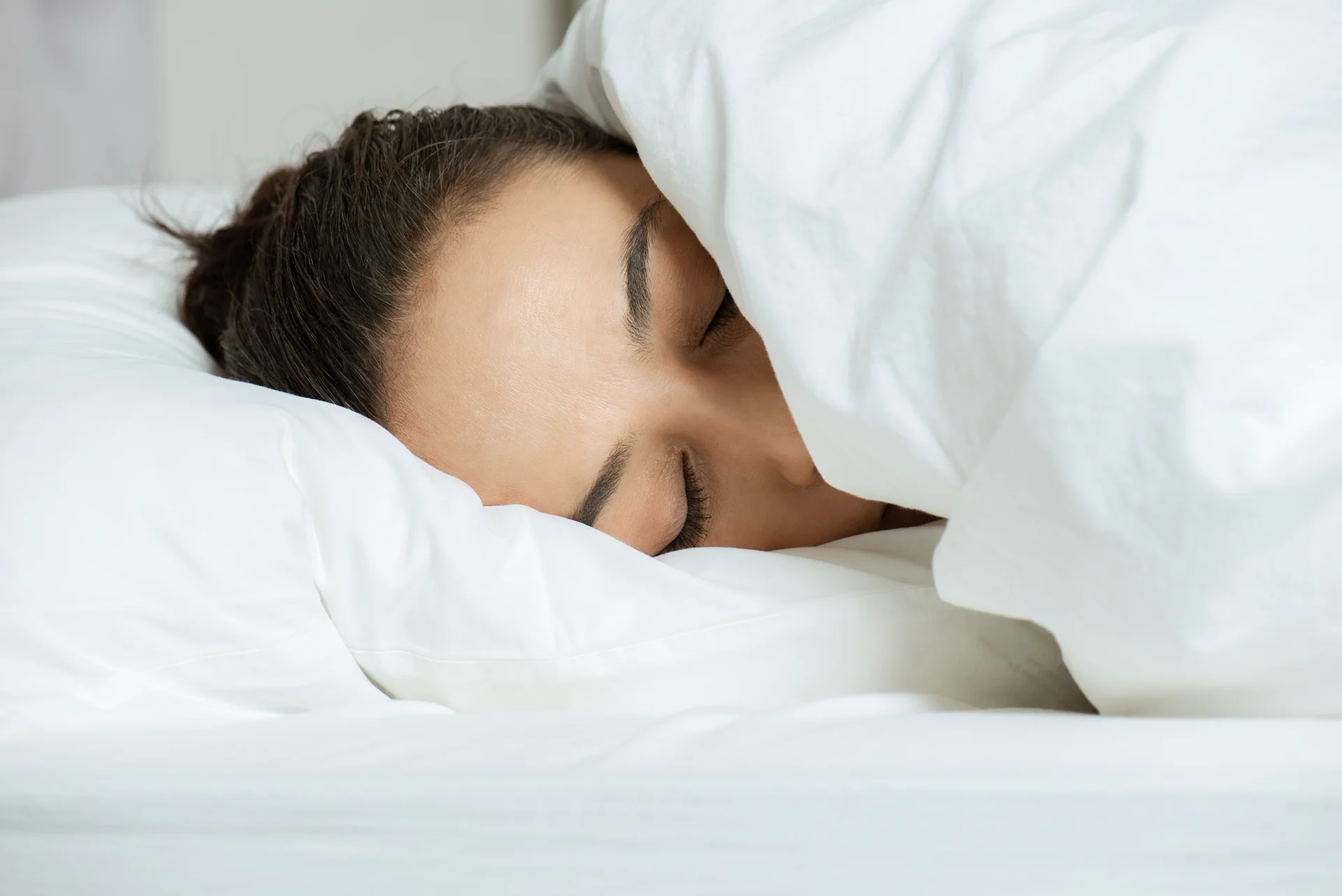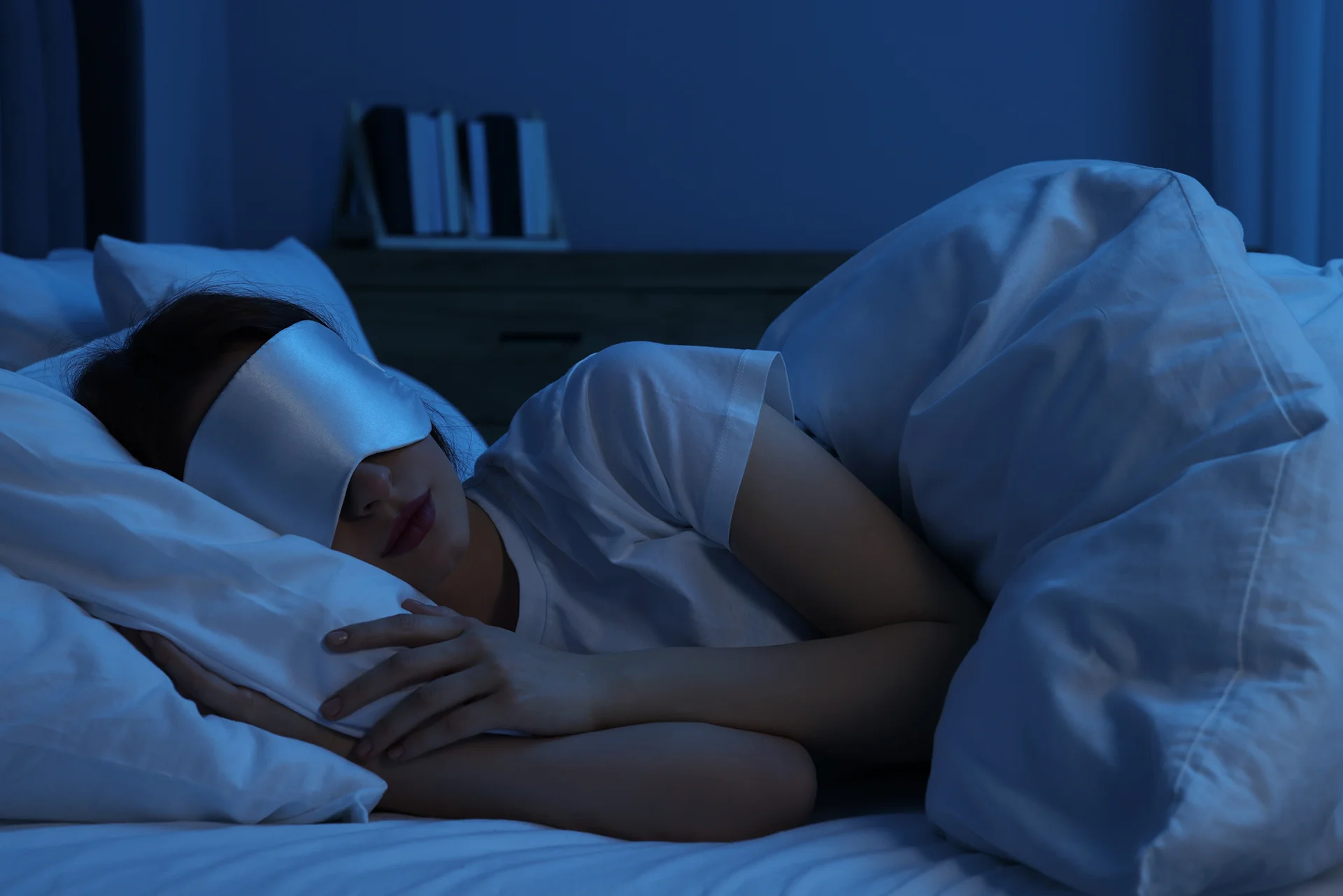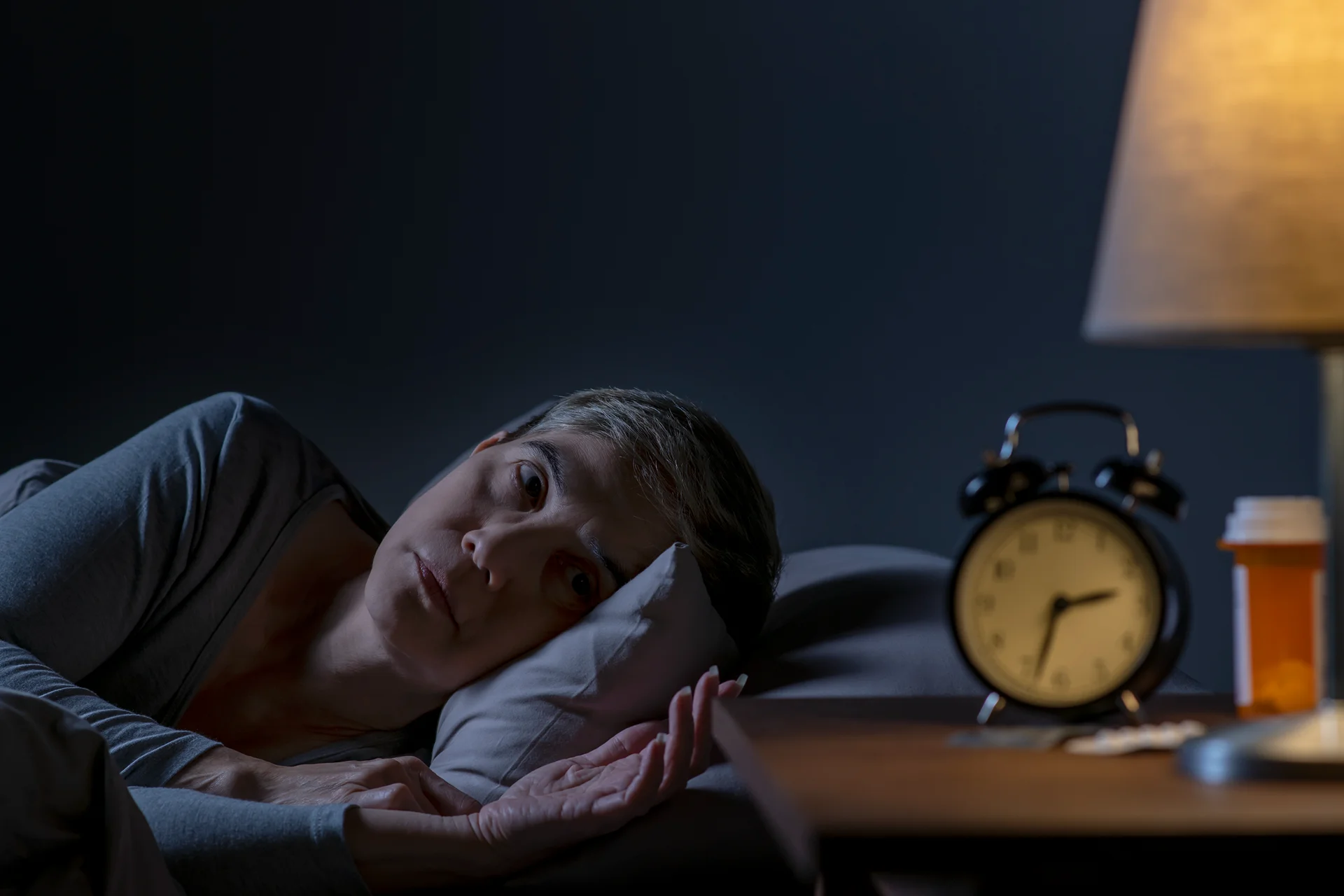A Comprehensive Look into the Mind’s Role in Sleep Health
Sleep is a vital human function that allows our minds and bodies to recharge and restore. However, many people suffer from disorders that disrupt their sleep quality and daytime functioning.
Sleep disorders involve not just physical symptoms, but also complex psychological and behavioral factors. Understanding the psychology underlying sleep disturbances can lead to better diagnosis, management, and treatment. This article will provide a comprehensive look into the mental health aspects of sleep disorders and their impacts on overall wellbeing.
The relationship between mental and physical health is clearly demonstrated in sleep disorders. Psychological conditions like depression and anxiety often co-occur with sleep disturbances. Meanwhile, lack of restorative sleep can worsen mental illnesses. Identifying and addressing the mind’s role is key to ensuring healthy sleep patterns. With growing recognition of widespread sleep disorder prevalence, the importance of sleep psychology continues to increase.
How Does Sleep Disorders Psychology Relate To Sleep Disturbances?
To appreciate the psychology of sleep disorders, it is helpful to understand the science behind normal sleep. Human sleep follows a circadian rhythm or sleep-wake cycle of approximately 24 hours. This intrinsic clock is regulated by factors like exposure to sunlight and regulates critical bodily functions. Disruptions to circadian rhythms can have far-reaching health consequences.
Circadian rhythm sleep-wake disorders involve misalignments between the body’s clock and desired sleep times. For instance, in delayed sleep-wake phase disorder, patients cannot fall asleep until very late at night and struggle to wake in the mornings. The circadian rhythm disorder known as advanced sleep phase causes early sleep onset and awakening times.
Beyond circadian disruptions, many factors can disturb sleep quality and duration. Among the most common diagnosable sleep disorders are:
- Obstructive sleep apnea: Repeated pauses in breathing during sleep, often associated with snoring. This can significantly diminish restorative REM and deep sleep.
- REM sleep behavior disorder: Acting out vivid and often unpleasant dreams during REM sleep due to lack of muscle paralysis.
- Chronic insomnia: Difficulty falling or staying asleep for over three months, despite adequate conditions for sleep.
- Restless legs syndrome: Urges to move the legs and uncomfortable sensations during periods of inactivity. This makes it very difficult to fall or stay asleep.
A Revolutionary Approach to Treating Sleep Disorders
While conventional treatments like medication and lifestyle adjustments have their merits, The Snore Centers offers a groundbreaking solution that addresses both the physical and psychological aspects of sleep disorders: NightLase® therapy.
The Psychological Burden of Sleep Apnea and Snoring
Sleep apnea and snoring are not just physical ailments that disrupt your rest; they can also strain relationships and contribute to mental health issues. The continuous cycle of poor sleep and daytime fatigue can lead to irritability, stress, and even depression.
Introducing NightLase®: A Respite for Mind and Body
Offered by The Snore Centers, NightLase® therapy provides a non-invasive, patient-friendly solution to these complex issues.
The therapy reduces the effects of sleep apnea and decreases the amplitude of snoring through a gentle, laser-induced tightening effect caused by the contraction of collagen in the oral mucosa tissue.
Clinical Efficacy and Comfort
Research has shown that NightLase® has a high success rate in positively altering sleep patterns. It’s not just an effective treatment; it’s also a comfortable and satisfying solution that requires no device to be worn during sleep or any chemical treatments.
Convenience and Accessibility
NightLase® is easy for any healthcare provider to administer and offers lasting results up to a year. Best of all, the treatment is quick, requiring no anesthesia, and allows you to resume your daily routine immediately.
Schedule a consultation with us today to learn how NightLase can help you get a good night’s sleep.
How Do Psychological Factors Contribute To Sleep Disorders?
Sleep disorders cannot be separated from psychological factors and mental health. Many psychiatric conditions are closely associated with and can exacerbate sleep disturbances.
- Insomnia is a hallmark of major depressive disorder. Individuals with depressive disorders frequently experience early-morning awakening and other disruptions.
- Bipolar disease involves alternating depressive and manic episodes. These mood disturbances are strongly linked to disturbances in the sleep-wake cycle. The manic highs of bipolar disorder can lead to decreased sleep need and severe insomnia.
- Other mental illnesses like schizophrenia, anxiety disorders, and attention deficit hyperactivity disorder also intersect with sleep disruptions.
At the same time, lack of quality sleep can negatively impact mental health. Insufficient sleep often exacerbates psychiatric symptoms and triggers episodes in bipolar and depressive disorders. Addressing co-occurring sleep disorders is essential for overall mental health treatment. Psychological counseling can also help address conditioned anxiety about sleep in chronic insomnia.
Beyond mental health factors, sleep disorders also intertwine with medical conditions.
- Sleep apnea is strongly correlated with obesity and metabolic disorders. The excessive daytime sleepiness of narcolepsy can lead to obesity, compounding health issues.
- Many patients with congestive heart failure struggle with sleep apnea and other breathing disorders during sleep. Treating sleep disorders is critical for maintaining heart health.
- Conditions like chronic pain and neurodegenerative diseases such as Parkinson’s also commonly coincide with sleep disturbances.
Overall, the interconnections between sleep disorders and health are multifaceted.
How Do You Diagnose Sleep Disorders?
With complex symptomatology, diagnosing sleep disorders often requires trained sleep medicine specialists. Sleep diaries tracking factors like sleep onset latency, total sleep time, and restfulness can identify patterns requiring intervention.
Thorough physical exams and patient histories by healthcare providers also contribute to accurate diagnosis.
Associations like the American Sleep Disorders Association and the Academy of Dental Sleep Medicine support physician training and identification of sleep disorders. Patients frequently underreport sleep problems, so healthcare providers play a key role in screening. A family history of sleep disturbances can indicate hereditary risk factors.
Differentiating between everyday sleep problems and diagnosable disorders requires recognizing distinct symptoms. For instance, the urge to frequently urinate during the night can indicate enlarged prostate or diabetes. However, combined with restlessness and involuntary leg movements, it may signify restless legs syndrome.
Tracking sleep architecture through polysomnograms also helps distinguish between primary insomnia versus other causes like sleep apnea. Identifying co-occurring conditions is crucial for tailored and effective treatment.
Sleep Disorder Psychology Treatment and Management
Sleep disorders require combinations of medical, behavioral, and lifestyle interventions.
Behavioral techniques are frontline treatments for chronic insomnia. Cognitive-behavioral therapy addresses conditioned anxiety and maladaptive beliefs about sleep. Behavioral interventions like sleep restriction strengthen the sleep drive and improve sleep consolidation.
Improving sleep hygiene through habits like limiting electronics before bed and avoiding stimulants like nicotine can treat mild insomnia. Setting a regular sleep-wake schedule benefits most sleep disturbances. Light therapy timed to circadian rhythms also holds promise, especially for circadian rhythm disorders.
For breathing-related disorders like obstructive sleep apnea, positive airway pressure devices are standard medical treatments. Some medications, like sedative hypnotics, can help in the short-term management of insomnia. However, drugs carry side effects and often cannot produce deep, restorative sleep alone.
Treatment plans should address any underlying medical and psychological conditions exacerbating sleep disruptions. Providers may need to weigh therapy for depression alongside insomnia treatment for optimal outcomes. Ongoing symptom management is also crucial for chronic sleep disorders. Patients benefit from regular follow-up and support.
Lifestyle factors like diet, exercise, stress management, and adjusting routines also influence sleep disorder treatment. For example, daytime exercise helps strengthen circadian rhythms. Stress management aids symptoms of anxiety-related insomnia. Minimizing blue light exposure from electronics in the evening improves sleep quality. A holistic approach considers all contributing and mitigating factors.
Impact of Sleep Disorders
Beyond just feeling tired, lack of restorative sleep has far-reaching effects on cognitive, psychological, and physical wellbeing. Sleep deprivation severely impacts memory formation, concentration, and decision-making. Loss of performance on tasks like driving underscores the real-life risks of disorders like sleep apnea and narcolepsy.
Daytime sleepiness and fatigue from disturbed sleep also hampers productivity and engagement. The decreased motivation common in depression may partially stem from poor sleep. There are also correlations between insomnia and increased susceptibility to illness.
Unfortunately, the prevalence of diagnosable sleep disorders is increasing globally. Estimates suggest 10-30%, some even as high as 50-60% of adults worldwide have insomnia, while nearly 1 billion suffer from sleep apnea. Raising awareness and improving diagnosis remains imperative. With knowledge, patients can advocate for their care and sufficient sleep time.
Conclusion
Sleep disorders involve complex interactions between an individual’s psychology, physiology, and social environment. While more research is needed, the links between mental and physical health are clearly evident in sleep disturbances. Psychological counseling and medical care must go hand-in-hand.
A biopsychosocial approach considers all factors impacting sleep quality. From circadian rhythms to thought patterns, cognition to cardiopulmonary diseases, treatment requires integrated care. Early diagnosis, effective management and the expertise of sleep medicine professionals can all enable long-term sleep health. Quality sleep remains imperative for restoring the mind and body.








